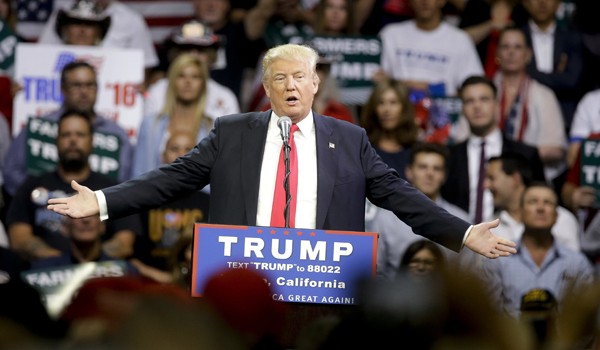Will China’s Eye on THAAD Lead to a Crack in the US-ROK Alliance?
It is out of the ordinary for Secretary Carter to lump North Korean provocations in with the “U.S.-Japan-ROK trilateral partnership.” It is no surprise that recent U.S.-ROK action, the adoption of the Terminal High Altitude Area Defense system, has caught China’s eye and revealed its feelings toward South Korea.
On June 2, Secretary Carter indicated that he could discuss the issues surrounding THAAD with the South Korean Minister of Defense Han Min-goo. A high-ranking official with the U.S. Department of Defense even stated that “we would have a public announcement soon” regarding the deployment of THAAD. However, Defense Minister Han stated, “The topic of discussion for these meetings did not include the deployment of THAAD.” Even after Secretary Carter’s speech, the South Korean Ministry of Defense stated that THAAD was not discussed during the U.S.-ROK security talks. Since the public start of consultations regarding the deployment of THAAD on Feb. 7, every time the United States has brought up THAAD, South Korea hastily continues to refuse to discuss it.
After giving a speech on June 4, Defense Minister Han finally stated a “willingness to deploy THAAD,” but wavered back and forth from any sort of commitment. Afterwards, during the China-ROK talks, Sun Jianguo, the deputy chief of staff of the People’s Liberation Army, stated, “THAAD intrudes on China’s strategic assets” and adamantly opposed it, revealing that Defense Minister Han’s message that “THAAD is solely meant to defend against North Korea’s missiles and nuclear capability” is not getting through. Further, Deputy Chief of Staff Sun repeatedly voiced his disapproval in a speech, stating the “deployment of THAAD goes beyond what is necessary.” Defense Minister Han’s pleading for China to take “a more constructive role in the denuclearization of North Korea” does not seem to be working.
There is a chance that North Korean nuclear weapons and the THAAD cards will be played during the contest for supremacy in the U.S.-China Strategic and Economic Dialogue to begin on June 6. China, which has been unable to block North Korea’s nuclear program and has been passive on economic sanctions, now seeks to block the adoption of THAAD, showing little consideration for South Korea. If we keep trying to play both sides, China may become more aggressive which could create cracks in the U.S.-ROK alliance. South Korea’s security and future depend on changes in geopolitics. Accordingly, it is urgent that South Korea comes up with a responsive security and foreign policy strategy.
*Translators note: No such quote exists in Secretary Carter’s remarks. This most likely refers to Carter stating: “While it would take me too long to go through every valuable partnership, you can see the breadth and depth of our bilateral efforts with some of the actions the United States and its allies and partners have taken just since last year’s Shangri-La Dialogue.”

